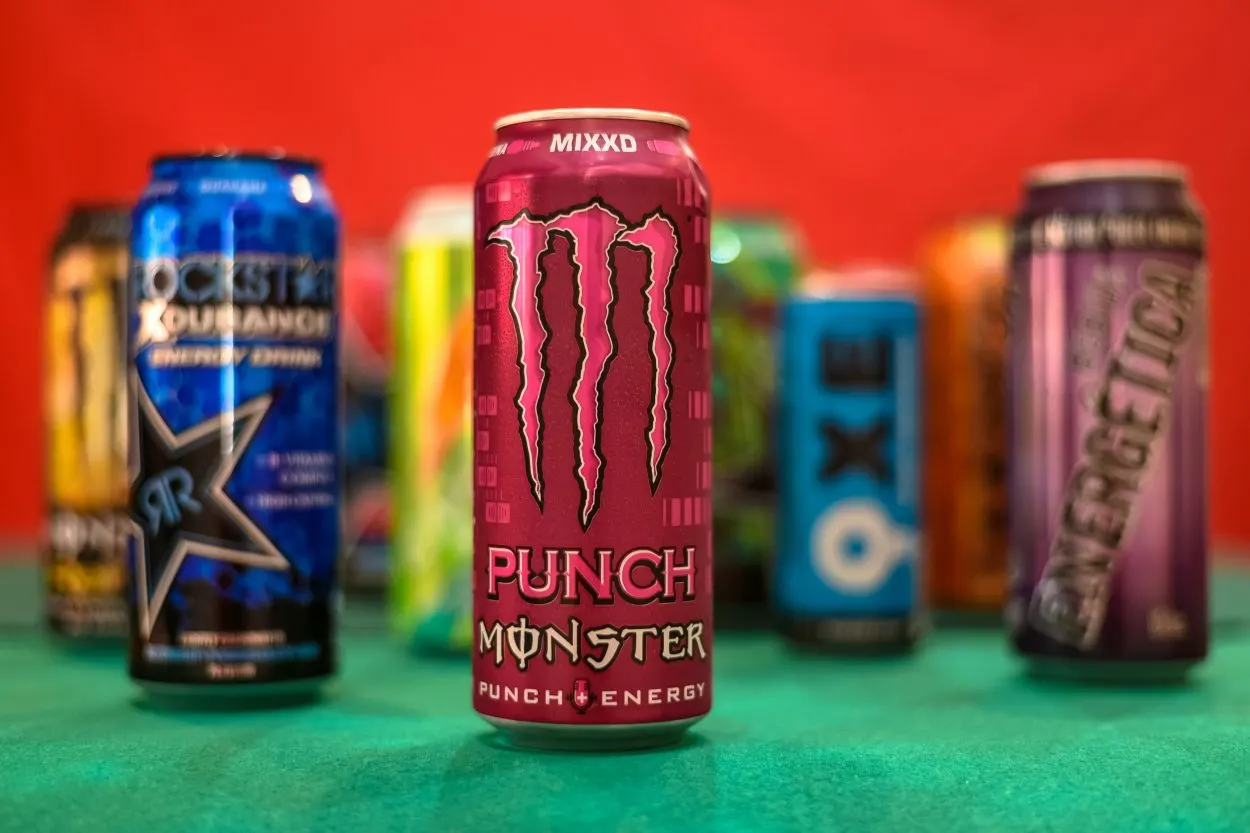
Consumption of energy drinks has become extremely common. From athletes to students, energy drinks are everybody’s go-to drink.
Despite its popularity, many of its consumers complain of feeling anxious and experiencing jitters after drinking it.
Jitteriness is one of the side effects of energy drinks, as energy drinks contain caffeine. It’s likely to be caused by an overconsumption of energy drinks.
Jitters are the responses of your body when it’s exposed to an overwhelming quantity of caffeine. Different people have different tolerance levels for this amount.
For some people, it can be only 100 mg of caffeine, while other people may have a tolerance for about 400 mg of caffeine.
Energy drinks have several short-term side effects, and experiencing jitters is one of them.
Jitteriness can be super annoying because while it may be for a short period of time, it begins with a spurt of anxiety and a rapid heartbeat.
With that being said, yes energy drinks can make you jittery if you’re consuming an overwhelming amount of caffeinated drinks.
In this article, we’ll talk about how caffeinated drinks affect our bodies, and discover more about experiencing jitters. So, let’s get into it!
Contents
How Long Can Jitters Last?
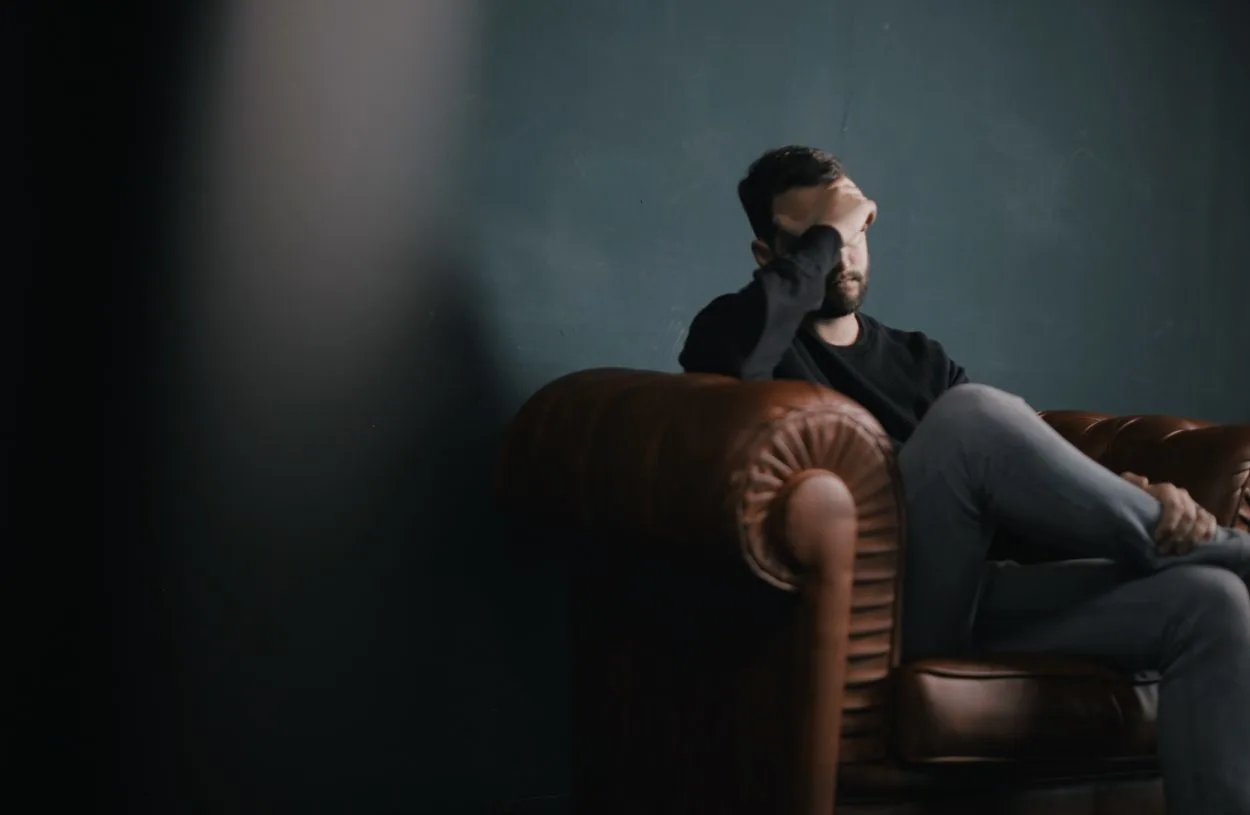
While jitters aren’t a long-term side effect, it takes time to end. Caffeine starts to show its effects soon after 30 minutes of intake, however for some people it may take an hour.
Every ounce of caffeine remains in your body for at least five hours, and it may take up to 10 hours to flush all the caffeine out of your bloodstream completely.
As long as the amount of caffeine that your body can’t process is still in your body, jitters may appear. Jitters start appearing when you consume excess energy drinks.
A moderate amount of caffeine wouldn’t make you jittery and the amount may depend on factors like your metabolism, tolerance, age, etc.
Jitters are a hangover, which means that you would have to wait it out. However, there’re a few things that you can do to reduce the caffeine jitters.
How to Reduce Caffeine Jitters?
- Avoid Over Consumption Of Caffeine
Well, this goes without saying, but if caffeine makes you jittery, then consuming more of it would be a stupid mistake.
Therefore, refrain from overconsuming caffeine in any type of beverage like energy drinks.
- Eat Fiber-Rich Food
Caffeine can easily be flushed out by merely eating food that is rich in fiber, like beans, lentils, or nuts.
- Stay Hydrated
To flush out caffeine, only water can do wonders. In general, drinking water is important, however, drinking water may help in relieving caffeine-induced jitters.
Thus, drink as much water as you can and wait for the caffeine to wear off. Moreover, if you’re caffeine sensitive, it can act as a diuretic, which may lead to frequent urination and egestion.
- Go For a Walk
Caffeine-induced jitters may feel like anxiety and a walk always helps with anxiety, so get your body moving.
- Practice Breathing
Breathing is one of the easiest and simplest things that you can do to reduce the caffeine jitters. Practicing breathing has many benefits, one of which is reducing stress and anxiety.
How To Avoid Jitters?
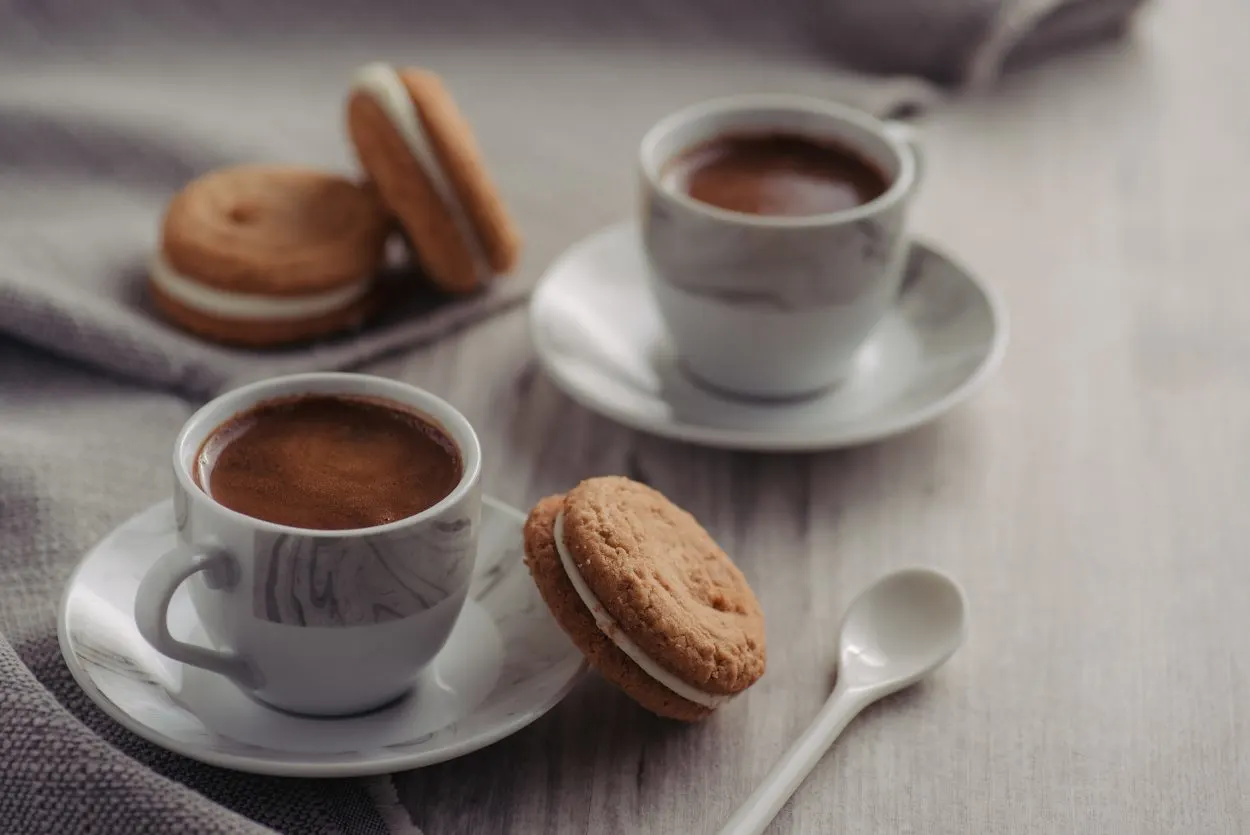
Now that you have flushed out caffeine from your system, let’s learn how you can avoid jitters.
Avoiding jitters means avoiding anything like caffeine and sugar which increase your blood pressure and disturb your metabolism.
Caffeine
FDA recommends limiting caffeine consumption to only 400 mg daily for a healthy adult. Thus consuming more than 400 mg can be bad for you, an overwhelming amount that can induce jitters.
Nonetheless, even though 400 mg is an adequate amount, you should be aware of how much caffeine your body can process in order to avoid jitters.
Sugar
Sugar can never be good for your health as it has several side effects, like higher blood pressure. If you’re experiencing jitters, then the sugar will only fuel it.
According to AHA, for women, only 24 grams, and for men, only 36 grams of sugar daily is recommended. Moreover, for children of ages 2-18, less than 24 grams of sugar is suggested.
How Much Is Too Much Caffeine?
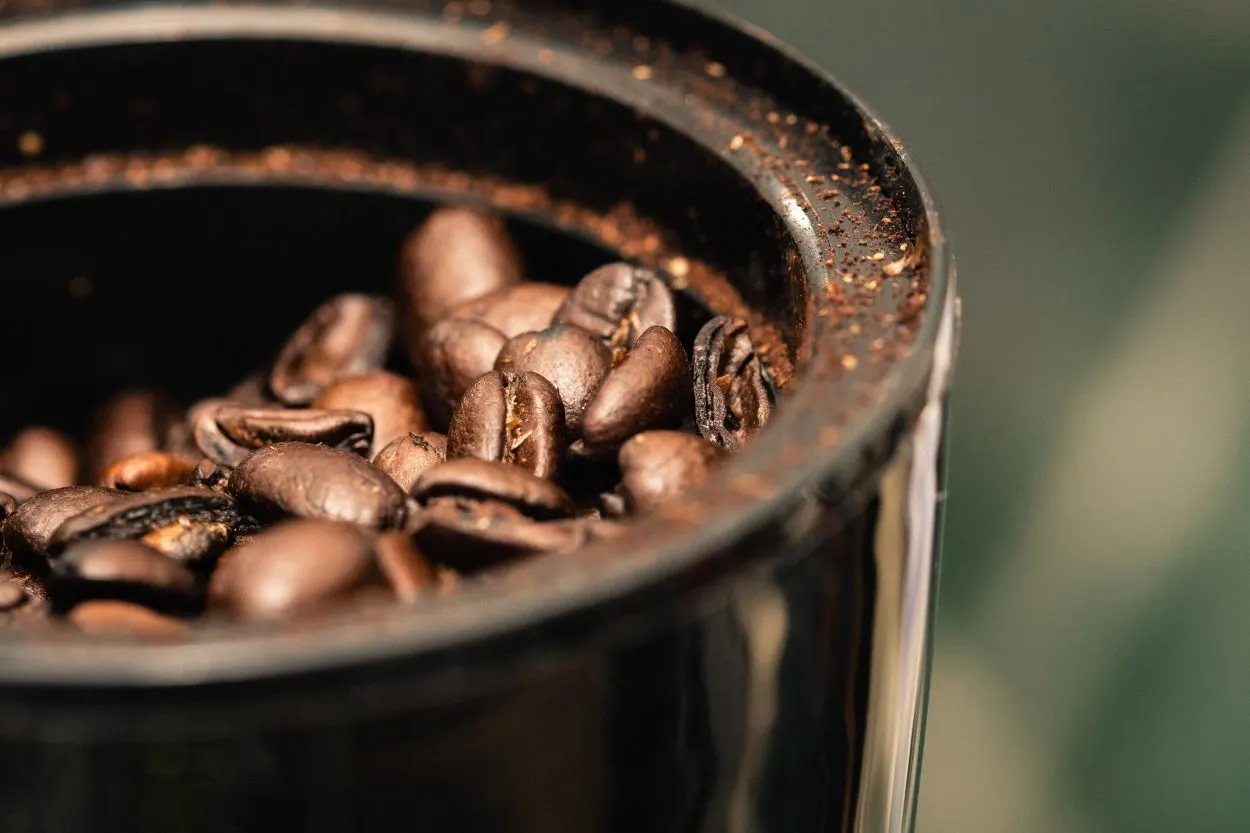
The average American adult consumes 200 mg of caffeine regularly. Consuming more than 400 mg of caffeine per day is worrying.
Additionally, if you’re caffeine-sensitive, even an adequate amount can have effects, like instant jitters, insomnia, anxiety, and rapid heartbeat.
Side Effects Of Drinking Too Many Energy Drinks
Experts say that overconsumption of energy drinks daily is concerning and can cause:
- Headache
- Jitters
- Insomnia
- Abnormal heartbeat
- Higher blood pressure
- Allergic Reactions
- Vomiting
- Cardiac Arrest
- Type 2 diabetes
- Risky behavior
Watch this video to learn more about the side effects of energy drinks.
Moreover, if you have become dependent on caffeine and want to cut back, you should start by reducing a small amount of caffeine every day. However, an abrupt cutback can lead to withdrawal symptoms which include:
- Headaches.
- Tiredness.
- Muscle pain.
- Irritability.
- Difficulty concentrating or functioning.
- Nausea.
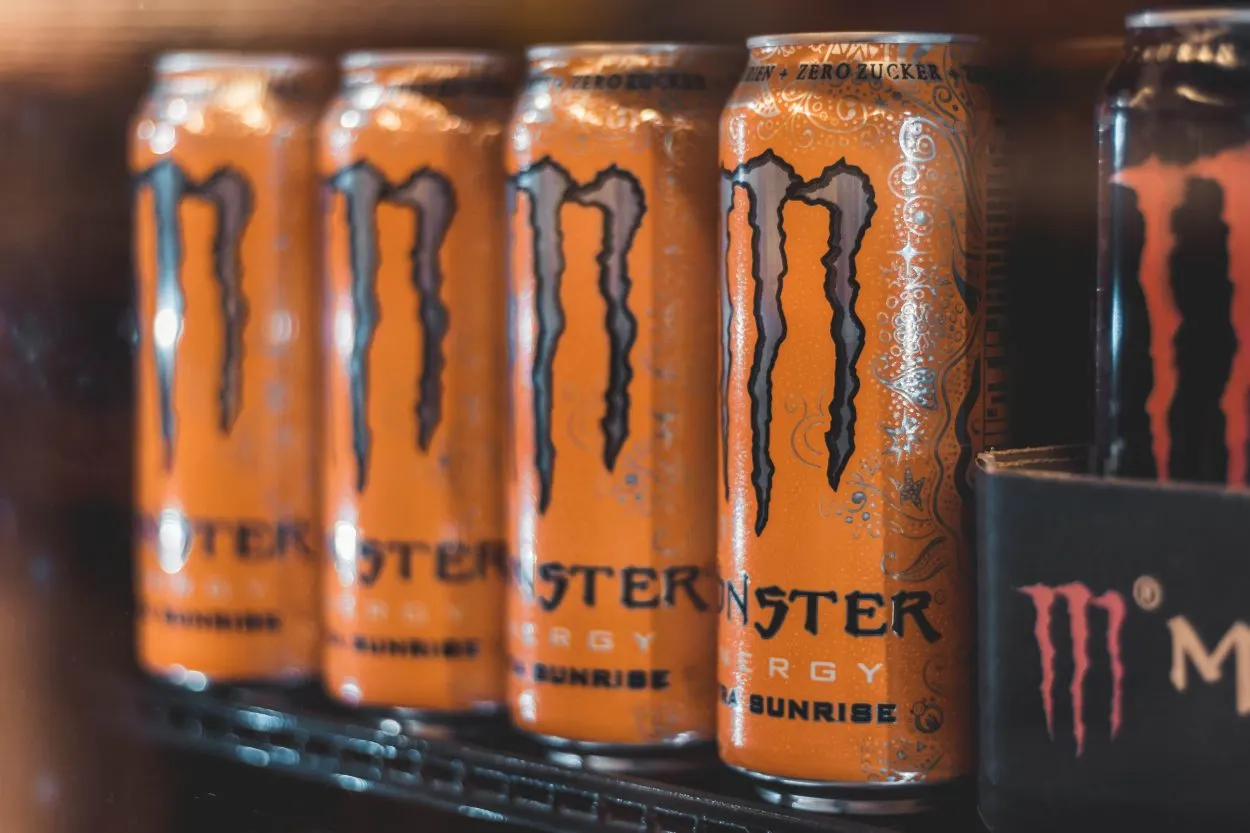
Cardiac Arrest
There’s no way of telling how many energy drinks would you have to drink for it to be lethal because everyone is different and everybody reacts to certain things differently.
There’s a study that states, that energy drinks have been proven to cause forceful heart contractions, which is extremely dangerous for people with unhealthy heart conditions.
A case report of 2021 which was published in the British Medical Journal stated that a 21-year-old man suffered from heart failure. The factor which caused this was that the man used to consume 500ml of energy drinks daily.
Headaches and Migraines
Changing the amount of caffeine you usually consume can cause headaches and migraines. This is also one of the symptoms of caffeine withdrawal.
Increased Anxiety
Research says people with two different genetic variations in their adenosine receptors are more likely to suffer from increased anxiety when ingesting caffeinated beverages, like energy drinks.
Moreover, greater doses of caffeine can even cause panic attacks in such people.
Insomnia
Generally, energy drinks are good to wipe out any tiredness, however, when consumed in an immoderate amount, they can cause insomnia.
Type 2 Diabetes
Almost all energy drinks are high in sugar, and there’s research that shows, that consumption of sugary beverages daily can lead to a greater risk of developing type 2 diabetes.
Risky behavior
Caffeine gives you a rush and as teens are adventurous, they may attempt to do something dangerous which can lead to injuries or legal trouble.
Vomiting
Surely too many drinks will cause vomiting as it gets difficult for the stomach to process the unfamiliar amount of caffeinated energy drinks.
Allergic Reactions
Energy drinks are made with many different ingredients and some people may be allergic to some of those ingredients and this can lead to severe allergic reactions.
High Blood Pressure
A study concludes, that after the consumption of an energy drink, systolic blood pressure increased by 6.2%.
Mental Health Problems
In a study conducted by the US Military, soldiers who consume more than two energy drinks daily are prone to have mental health problems.
Which Energy Drink Doesn’t Make You Jittery?
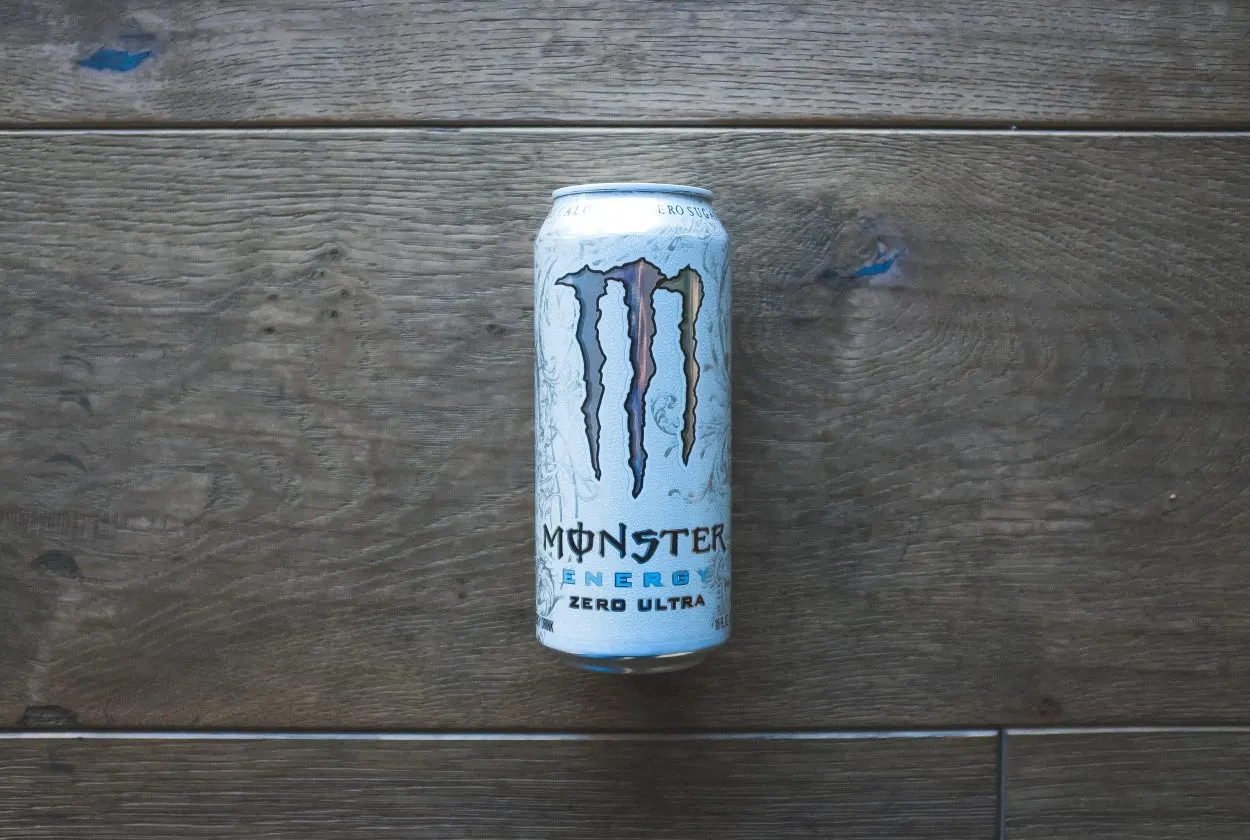
Drinks with less caffeine and sugar are the best option if you want to avoid jitters. There are energy drinks available that contain fewer amounts of sugar and caffeine.
However, keep an eye out for sugar-free drinks as well, because they may not have sugar, but these drinks often have a regular amount of caffeine that can cause jitters anyways.
Here’s a list of drinks with less sugar and caffeine:
| Drinks | Sugar Quantity | Caffeine Quantity |
| Zevia energy drinks | 0 mg | 120 mg |
| NUUN energy drinks | 2 mg | 80 mg |
| Sugar-Free RedBull | 0 mg | 80 mg |
| Monster Energy Zero Ultra | 0 mg | 70 mg |
Alternatives To Highly Caffeinated Energy Drinks
While too much sugar and caffeine can make you jittery, here’s a list of drinks that aren’t high in sugar or caffeine.
Conclusion
- Jitters are the body’s response when it’s exposed to an overwhelming amount of caffeine or sugar.
- Jitters start with a gush of anxiety, a rapid heartbeat, or enhanced alertness.
- Jitters can last as long as every ounce of caffeine lasts in your body – at least five hours.
- Avoiding jitters means avoiding anything like caffeine and sugar which increase your blood pressure and disturb your metabolism.
- The best alternatives to energy drinks are the ones that have less sugar and caffeine.
- Immoderate consumption of caffeine can lead to increased blood pressure, vomiting, and many more side effects.
